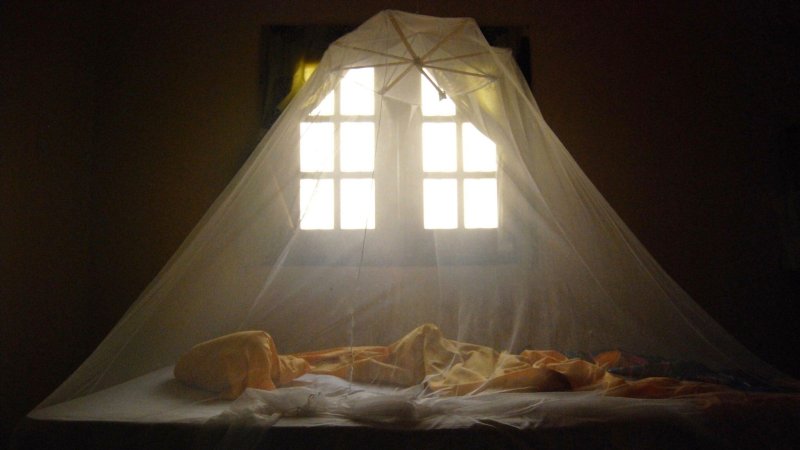In the last ten years or so, more than a billion insecticide-treated bed nets have been distributed across the world in regions where malaria is endemic…. But recently the bed nets, along with insecticide sprayed inside houses, have had dramatic effects. As a rule, many major malaria mosquitoes like to bite at night, inside homes.
“But what about the ones that don’t land? What if they start having their meal before people go to bed or can wait until morning? What if they start biting outside instead?” [Ohio graduate student Chris Stone wonders.]
Indeed, this potential problem, known as behavioral resistance, has been on some malaria biologists’ minds for a while.
By this point, resistance isn’t surprising. This is just how evolution works… It is possible to get ahead of resistance, though, if we can apply pressure from enough directions.
…
Still, so far, the evidence for behavioral change is not quite as simple as it might seem. The same mosquito species that show a change in response to nets in one place show no change in another.
The GLP aggregated and excerpted this blog/article to reflect the diversity of news, opinion, and analysis. Read full, original post: How Mosquito Nets Can Shape the Evolution of Behavior
For more background on the Genetic Literacy Project, read GLP on Wikipedia.































